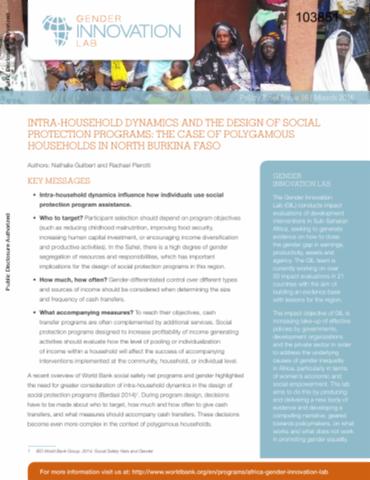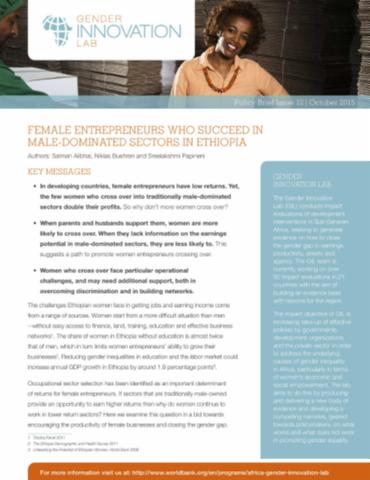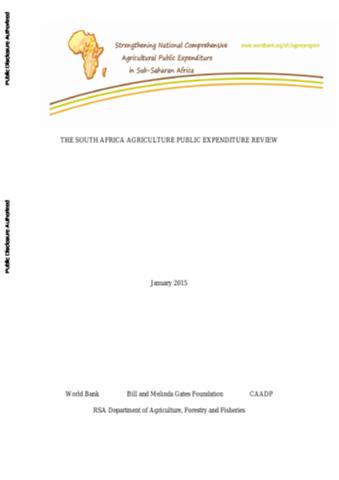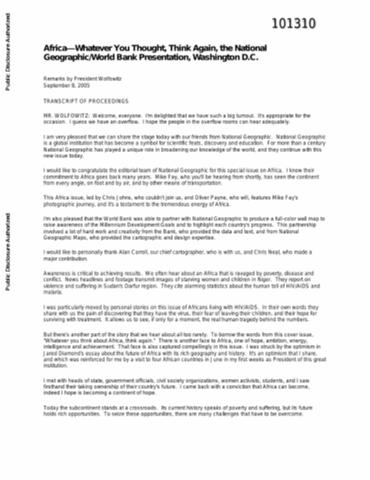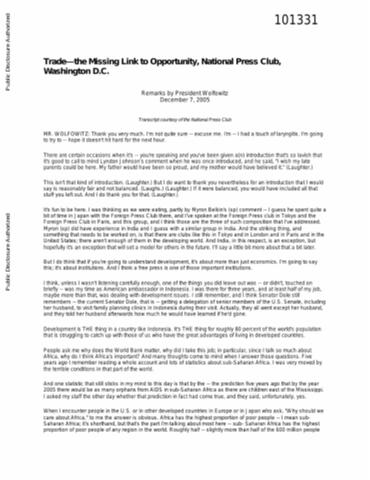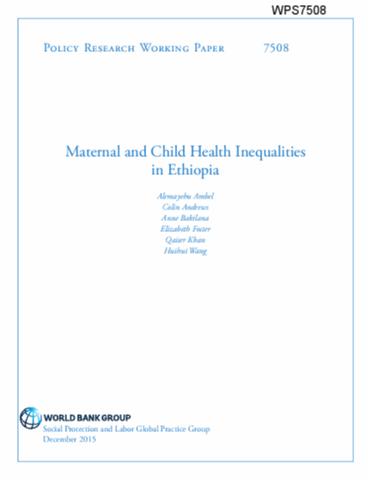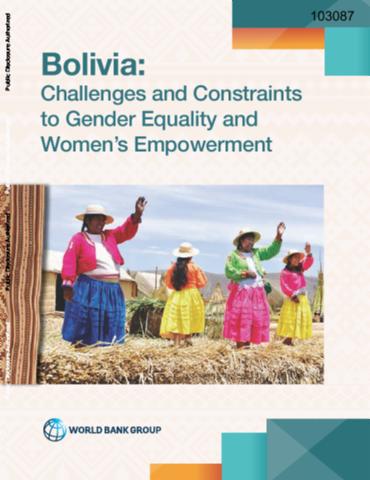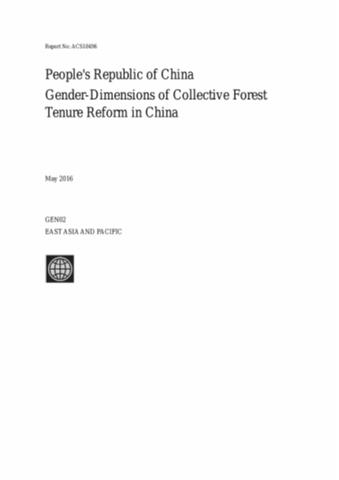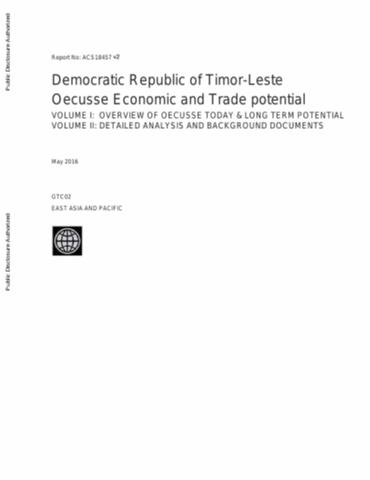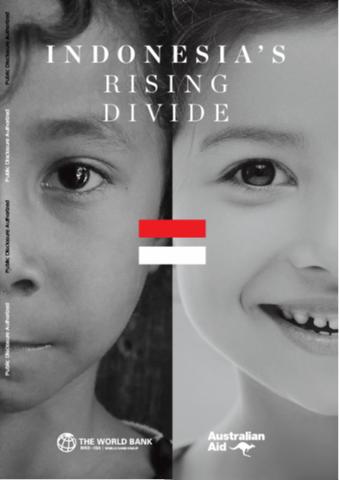Intra-Household Dynamics and the Design of Social Protection Programs
A recent overview of World Bank social safety net programs and gender highlighted the need for greater consideration of intra-household dynamics in the design of social protection programs (Bardasi 2014). During program design, decisions have to be made about who to target, how much and how often to give cash transfers, and what measures should accompany cash transfers. These decisions become even more complex in the context of polygamous households. The conclusions above are meant to illustrate important links between intra-household dynamics and the design of cash transfer programs.

